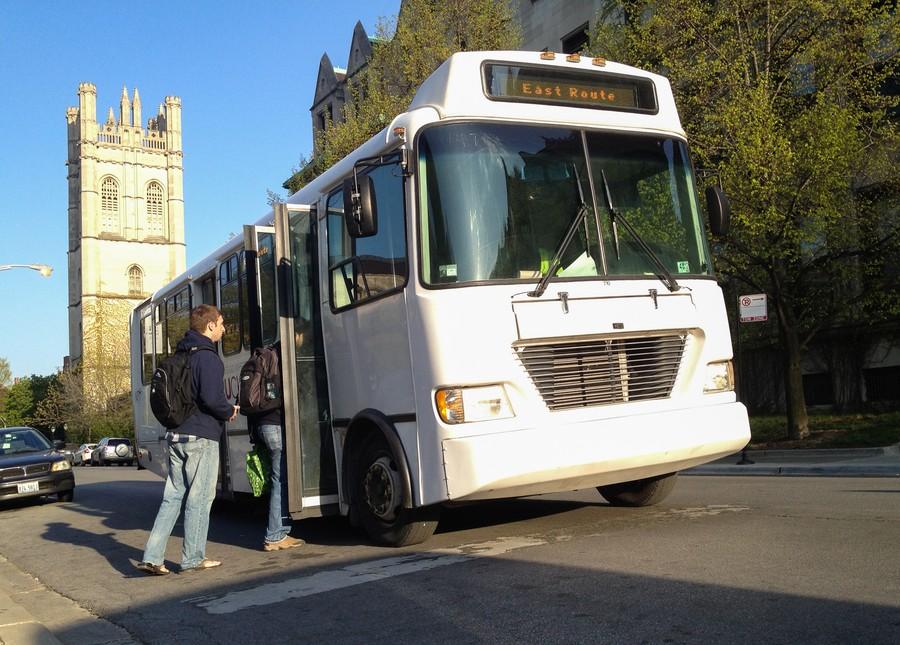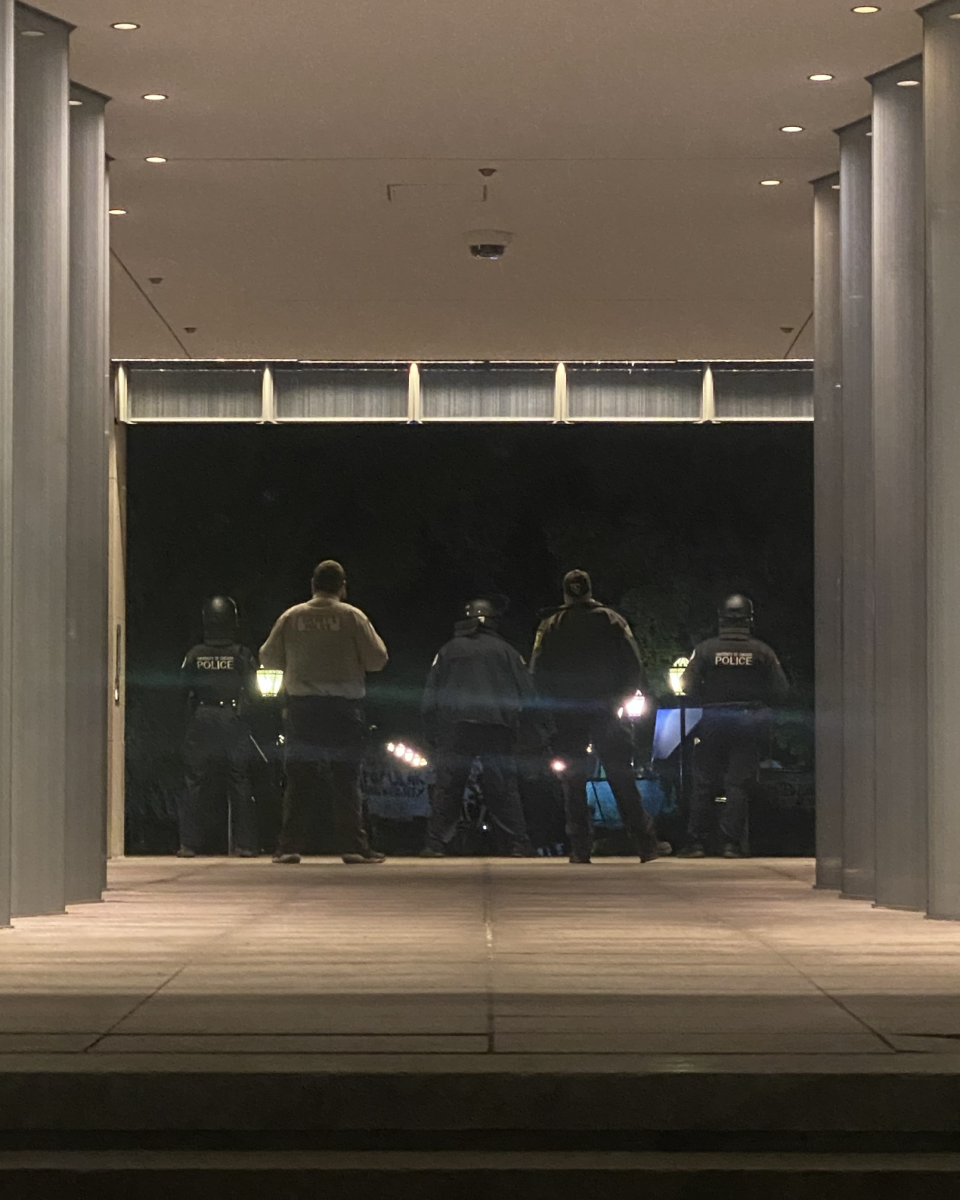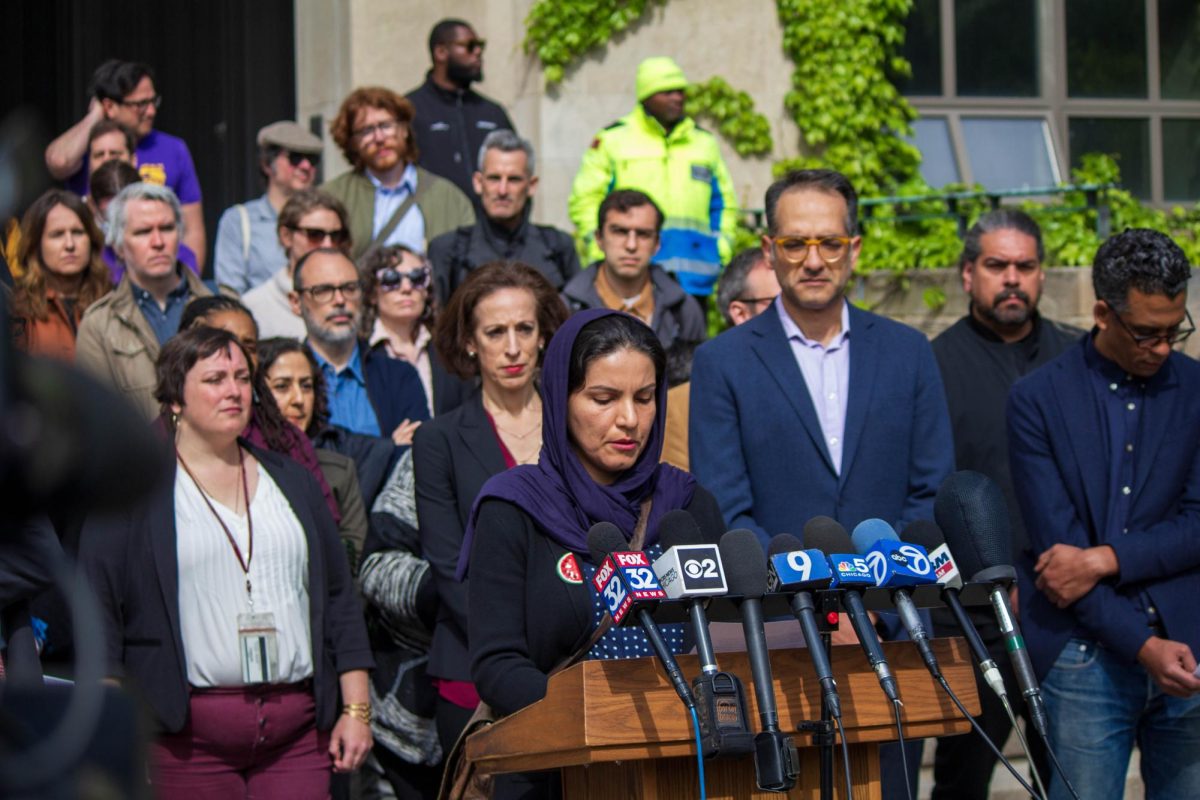Following its first foray into online learning during autumn quarter, UChicago will expand its massive open online course (MOOC) offerings this spring. According to Deputy Provost for Research Roy Weiss, UChicago plans to offer six MOOCs in total, three on the platform Coursera, and three on the platform edX.
In the fall, UChicago offered two MOOCs on Coursera: Booth professor John Cochrane taught Asset Pricing, and Geophysical sciences professor David Archer offered Global Warming: The Science of Climate Change, which he will offer again in the spring. New this spring: Neurobiology professor Peggy Mason will teach Understanding the Brain: The Neurobiology of Everyday Life. UChicago has not yet announced what MOOCs will be offered on edX.
MOOCs generally consist of short lecture videos by the professors, followed by reading assignments, problem sets, forum discussions, and a final project or exam. UChicago partnered with Coursera after forming two committees in September 2012 to investigate the possibility of online courses. MOOCs are free and open to the public and usually attract thousands of viewers.
According to Cochrane, approximately 4,000 people watched all of the videos for his Asset Pricing course, modeled after his second-year Ph.D. class taught on campus. Around 400 completed the work for the class and took the final exam.
Archer designed Global Warming: The Science of Climate Change based on his popular Core class. He said that 14,000 people enrolled in the class, a few thousand watched all the videos, and 500 took the final exam.
MOOCs are generally designed to appeal to a wide audience, but due to the difficulty of his course, Cochrane emphasized that he and the University were interested in targeting a specific audience. He said that many alums, industry employees, and Ph.D. students took the class.
In contrast, Mason developed her neurobiology MOOC to be accessible at any knowledge level.
“Part of my social contract in having this incredible job is sharing it with as many people as possible, and the [MOOC] enables me to share it with anyone, regardless of ability to pay or where they live,” she said.
Both Archer and Cochrane gave presentations about their MOOCs to the Provost’s Oversite Committee on OnLine Learning (POCOL) after autumn quarter.
“The question of evaluation is a very important one and the POCOL is actively developing criteria used for evaluation. This is a large issue that all peer institutions are grappling with, and we have experts in education evaluation on our faculty looking at this specific question,” Weiss said in an e-mail.
Cochrane emphasized the effort necessary to develop a MOOC.
“One lesson for me, for the people in the University thinking about these things, is it does cost a lot of time and resources to put together. You don’t just slap up your Core class in a MOOC. So as we get into this, we have to face that it’s hard and expensive to put them together,” he said.
Weiss said the University’s choice to fund MOOCs is part of a broader University effort to expand technology.
“This is a complicated analysis, as although there are funds available for this, it is combined with and included in a general budget for utilizing technology in all our teaching endeavors,” Weiss said.
The POCOL has three goals for MOOCs: enhancing residential learning, showcasing the University’s academic experience, and driving toward innovative teaching methods.
Archer speculated that the University’s interests lie mainly in showcasing the University.
“I think they view this as marketing, because each of the film clips has ‘University of Chicago’ pretty at-the-beginning, and a lot of these classes look like the University’s really put a lot of work into them, like some kind of marketing arms race thing going on. I don’t really understand it,” Archer said.







